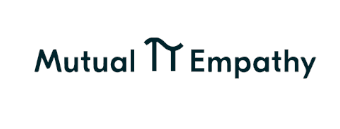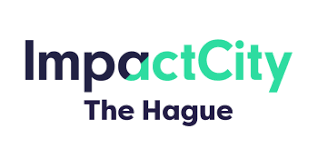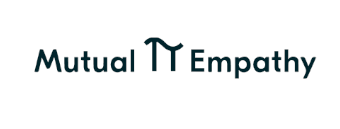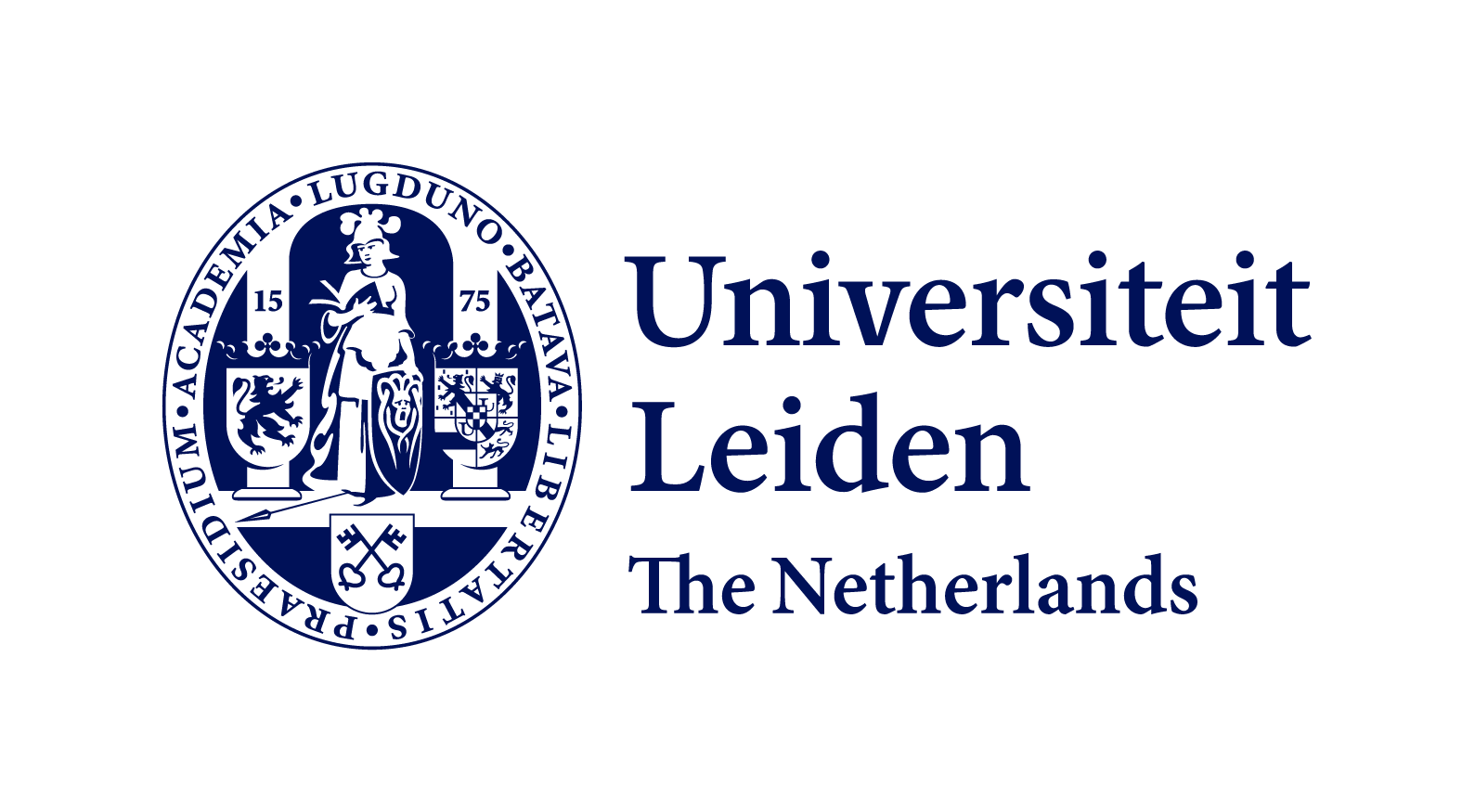TEKLens:
Integrating traditional knowledge and western science for economic innovation and sustainability
The Western disconnect between humans and nature has fueled the environmental crisis; integrating Traditional Ecological Knowledge with Western science is key to achieving sustainability. We propose that this integration of knowledge and visions of nature fits within our current economic system and Planetary Boundaries framework, in the form of a TEKLens.
The solution: TEKLens as an R&D project
The TEKLens provides a better view, a vision that is transformative in how we approach sustainability and the environment. This is the basis for a Research and Development (R&D) project. Our main goal is to align both views, their methods and their languages and integrate them with the Planetary Boundaries framework.
Implementing the TEKLens in finance
We propose a first implementation of our TEKLens within the investing landscape, and more specifically within Innovative Finance and Results Based Financing (RBF). We will be focusing the first implementation in an environmental impact bond for the Amazon Flying Rivers within the Colombian Amazon towards the COP30 in Brazil.
With the support of:

KiT Workshops – A Grounded Approach to Knowledge Challenges
August 27–30, 2025
Greater Bogotá Area, Colombia
The KiT (Knowledge in Terra) Workshops bring together diverse perspectives to co-create actionable, situated solutions to complex global challenges. Conceived through collaboration between Leiden University (The Netherlands) and organizations like Mutual Empathy (Colombia), KiT bridges scientific, traditional, local and AI-generated knowledges within their specific territorial contexts.
Vision
Plural Knowledge: We embrace all ways of knowing – scientific, traditional, local, and AI-enhanced – recognizing that no single epistemology holds supremacy.
Local & Collective: Solutions must emerge from rooted, community-led processes, weaving together citizen, academic, and organizational contributions on the ground.
Situated Innovation: By linking diverse knowledges, KiT offers a novel conceptual framework for “solutions in context,” scalable from local to global adoption.
First KiT: Colombian Amazon
Following consultations with regional leaders, our inaugural KiT focuses on the Colombian Amazon – the world’s largest biodiversity reservoir and home to innumerable human-nature relationships. Through multi-scale dialogues, participants will explore the biodiversity–human nexus and co-create strategies for the region’s sustainable future.
Objectives
Build a Diverse Working Group
Prioritize co-creation and collaborative practice.
Foster mutual recognition of all participants as equally relevant knowledge-holders.
Deepen Collective Understanding
Acknowledge the epistemological roots of varied knowledges and their territorial specificities.
Co-create Local Solutions
Address critical Amazonian challenges through an inclusive, justice-oriented co-creation process.






